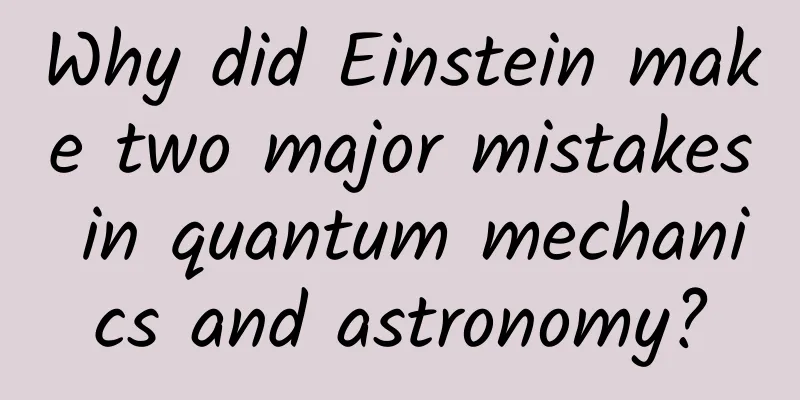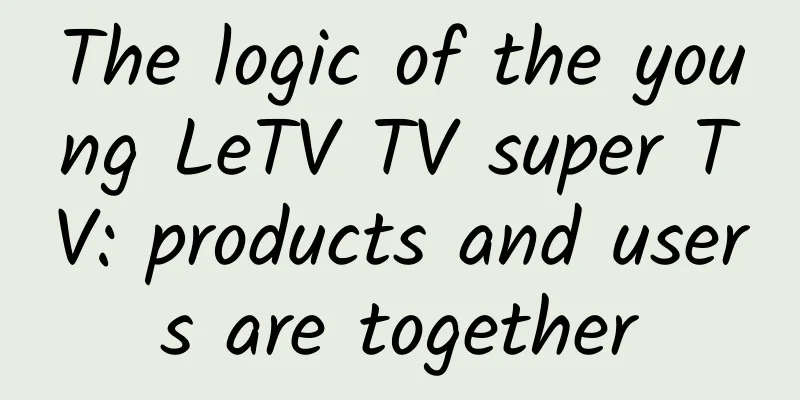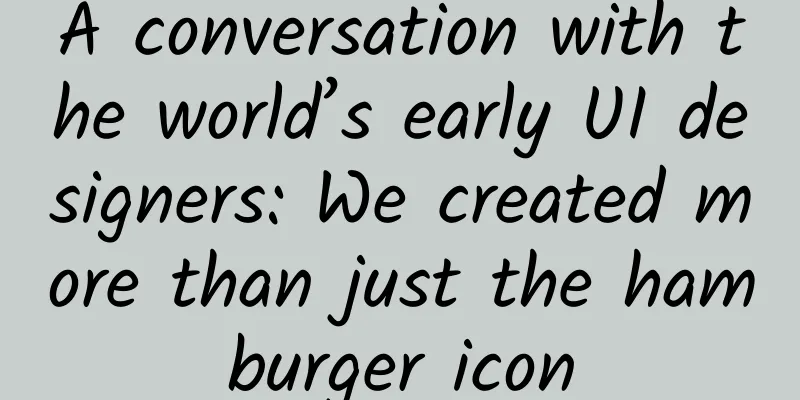Why did Einstein make two major mistakes in quantum mechanics and astronomy?

|
[Mobile software: Bo Ke Yuan] Scientific research is based on the relationship between the observed natural reality and the theory of this reality expressed in mathematical language. If all the results of the theory are experimentally proven, then it is considered valid. This method has been used for nearly four hundred years and a consistent body of knowledge has been established. But these advances are all due to human wisdom and pioneering wise men, who are nonetheless able to cling to their pre-existing beliefs and prejudices. This can affect the progress of science, even for the greatest people (such as Einstein). The first mistake: the cosmological constant In Einstein's masterpiece, the theory of general relativity, he wrote down the equation that describes the evolution of the universe over time. The solution to this equation showed that the universe is unstable, rather than being a giant sphere of constant volume with stars sliding around, as was believed at the time. In the early 20th century, it was believed that we live in a static universe in which the motion of the stars is constant. This was probably thanks to Aristotle, who said that the sky is unchanging, unlike the earth which is in motion. This idea gave rise to a historical anomaly: in 1054, we Chinese noticed a new light in the sky, but no European historical records mention this. Yet it could be seen throughout the day and lasted for several weeks. It was a supernova, that is, a dying star, the remnants of which can still be seen as the Crab Nebula. The dominant thinking in Europe prevented people from accepting a phenomenon that completely contradicted the idea that the sky was unchanging. A supernova is an extremely rare event, observable with the naked eye on average only once a century. The last one dates back to 1987, so Aristotle was almost right that the sky did not change, at least on the scale of human life. To remain consistent with the idea of a static universe, Einstein introduced a cosmological constant into the equations, which "froze" the state of the universe. His intuition led him astray: in 1929, when Hubble proved that the universe is expanding, Einstein admitted that he had made "his greatest mistake." The second mistake: quantum randomness Quantum mechanics, which describes physics at infinitesimal scales (the Planck scale), was developed almost simultaneously with relativity, and Einstein made a major contribution to this field in 1905 when he explained the photoelectric effect as a collision between electrons and photons, infinitesimal particles that carry pure energy. In other words, light, which was traditionally described as a wave, behaved like a stream of particles, and it was this advance, not relativity, that won Einstein the Nobel Prize in 1921. But despite this major contribution, he stubbornly refused to believe that the world of quantum particles was not subject to the strict determinism of classical physics. The quantum world is probabilistic, and we only know how to predict the probability of something happening in a range of possibilities. In Einstein's blindness, we see again the influence of Greek philosophy. Plato taught that the mind should remain ideal, unaffected by the contingencies of reality, a noble thought, but one that does not follow the precepts of science. Knowledge requires complete agreement with all predicted facts, while belief is based on probability, which is generated by partial observations. Einstein himself was convinced that pure thought could perfectly capture reality, but quantum randomness contradicts this assumption. In practice, this randomness is not pure noise, because it is constrained by Heisenberg's uncertainty principle. This principle imposes collective determinism on groups of particles. The electron itself is free because we don't know how to calculate its trajectory when it leaves the hole, but a million electrons draw a diffraction pattern that shows dark and light stripes that we do know how to calculate. But Einstein did not accept this radical indeterminism, as summarized in his provocative conclusion: God does not play dice with the universe. Einstein envisioned the existence of hidden variables, as-yet-undiscovered numbers beyond the mass, charge, and spin that physicists use to describe particles. But experiments did not support this view, and it was undeniable that reality existed beyond our understanding, and we could not know everything there was to know about the world of the infinitely small. The random whim of imagination In the process of the scientific method there is also a stage where it is not completely objective. This is why theories are conceptualized, and Einstein gave a famous example with a thought experiment: imagination is more important than knowledge. In fact, when a physicist looks at different observations, he has to imagine an underlying law. Sometimes several theoretical models will compete to explain a phenomenon, and only at this point does logic prevail again. The role of intelligence is not discovery, but preparation, and it is only good for the service task, so that the progress of thought stems from the so-called intuition. This is a leap of knowledge beyond pure reason, where the boundary between objective and subjective is no longer completely solid. Thoughts come from neurons under the action of electromagnetic pulses, some of which are particularly active, as if there is a short circuit between the cells, where chance is at work. But these intuitions, or "flowers" of the human spirit, are different for everyone. Einstein's brain produced "E=mc2", while Proust's brain came up with an admirable metaphor. Intuitions appear randomly, but this randomness is constrained by each person's experience, culture and knowledge. The Advantages of Randomness This shouldn't come as shocking news, because there is a reality that is beyond the grasp of our own intellect. Without randomness, we are guided by instinct and habit, everything that makes us predictable. What we do is almost entirely confined to this first layer of reality, with ordinary concerns and tasks that must be done. But there is another layer of reality, in which apparent randomness is the key feature, and no administrative or academic effort can replace the miracle of chance that great people have. Einstein was a model of the innovative and free spirit, but he still retained his biases. Einstein's "first error" can be summarized as: I refuse to believe in the origin of the universe. However, experiments proved him wrong, and his verdict that God played the dice meant, "I refuse to believe in chance". However, quantum mechanics contains mandatory randomness. His words beg the question whether he would believe in God in a world without chance, which would greatly restrict our freedom because we would be restricted to absolute determinism, which Einstein stubbornly refused. For him, the human brain should be able to know what the universe is. Heisenberg was much more modest, telling us that physics is limited to describing how nature reacts under specific circumstances. Quantum theory shows that we cannot fully understand, but it offers randomness, which brings frustrations and dangers, but also benefits. Man can escape the laws of this world only for brief moments. Moments of pause, moments of contemplation, moments of pure intuition, ... It is these flashes that give him the ability to become "superman". Einstein, a legendary physicist, is a perfect example of a man with a rich imagination. His rejection of randomness is therefore a paradox, because randomness makes intuition possible, allowing for creative processes in science and art. Boco Garden | Text: François Vannucci/The Conversation BoKeYuan|Science, technology, research, popular science Follow [Bokeyuan] to see more beautiful cosmic science |
<<: This small hole on the ear is not a symbol of "wealth"! It may be a dangerous hole...
>>: Machine Learning: Finding the Needle in a Haystack
Recommend
Apple iOS 14.6 Beta 1 experience: 1 new feature added, battery life consumption increased
Yesterday morning, Apple released a new iOS 14.6 ...
Luo Xiaobu: Broadcasting and TV operators who block IPTV/OTT are hopeless
On March 3, Luo Xiaobu, deputy general manager of...
How far is ASM from AI?
According to many predictions, Apple's search...
How to build a website locally? How to build a website on a local computer?
As a website SEO optimization personnel, how to o...
Can pets be infected with the new coronavirus? Can they be transmitted to humans? Here is the authoritative answer
Recently, epidemics have occurred in many places ...
Is 5G radiation really greater than 4G? Can base station radiation cause cancer? These misunderstandings should be clarified
Recently, my family group has been flooded with a...
From Kaixin.com to Plato, all social operations that cannot build barriers are rogue!
In the turbulent July, two pieces of news broke o...
Tencent operations expert, maybe her 15 tips can help you
How to operate well? Before you start: Five prepa...
The takeaway beef has colored reflections. Is it bad? Can I still eat it?
Many people love to eat beef, such as beef ramen,...
Online fission practice: How to attract tens of thousands of traffic in one hour?
Local traffic online fission, how do I make the f...
China Automobile Dealers Association: In-depth analysis of the used car market in October 2020
In October 2020, the national second-hand car mar...
As one of the most controversial inventions, who invented the light bulb? Was it Edison?
Who invented the light bulb? It was Edison. This ...
An event planning and execution plan!
There are many steps from planning to completion ...
Zhihu Product Analysis Report
Zhihu has become a high-quality question-and-answ...
How to make birthday greetings for African children?
Videos of African children holding up signs to se...





![[Recommended blog post] Real-time rendering of seawater on Unity3D mobile terminal](/upload/images/67ebf0304baa9.webp)



